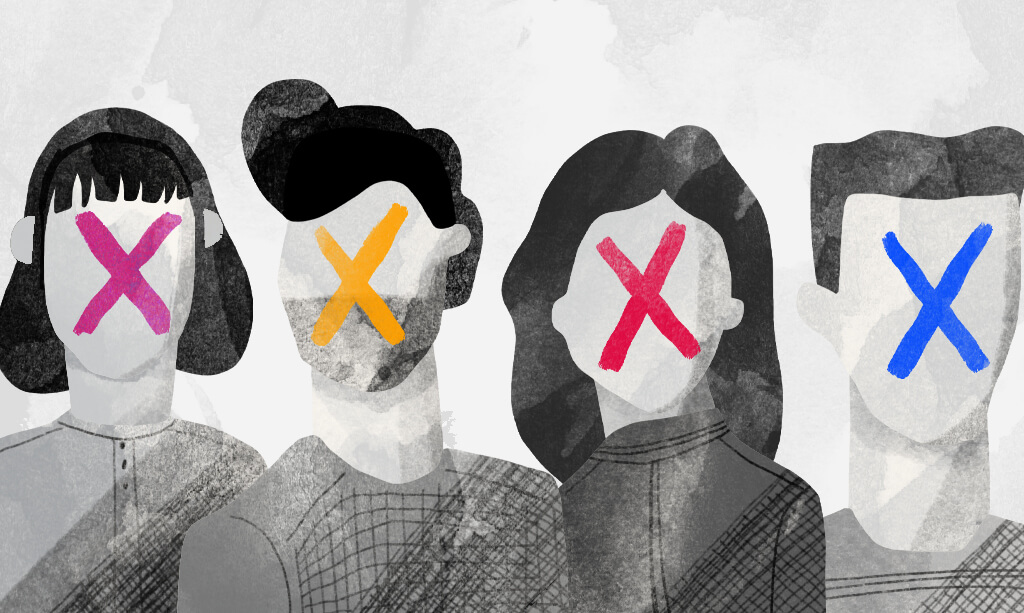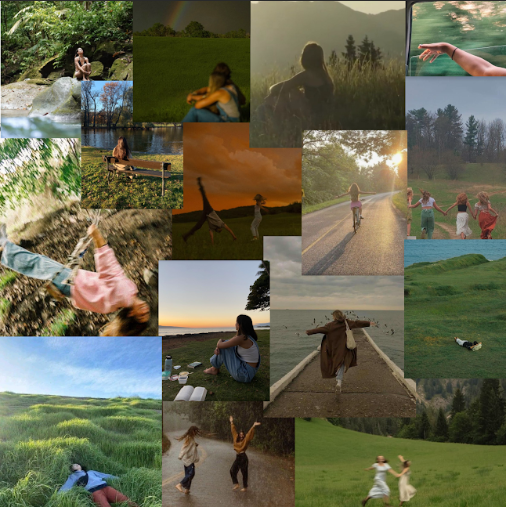
In the United States, large private youth organizations—such as the Boys Scouts of America—have the right to set their own membership standards. Having the right to freedom of association, these organizations can make certain policy decisions for their institutions. In having this freedom, however, these private youth organizations have a great responsibility and serve different multitudes of adults and youth across America. Also, in terms of social policy, the fundamental question is not whether these organizations have the right to set their own guidelines; they do. Rather, the question is more complicated: when do certain policies cross the fine line of justice and become discrimination?
For the Boys Scouts of America, that seemed like a difficult question to answer. Many of its members are very conservative Christians, who believe homosexuality to be in opposition to their God and thus with the Scouts; however, many of its members, conversely, belong to a younger, less conservative generation that embraces homosexuality for what it is—not as a sinful choice, not as incompatible with their God, but as simply one aspect out of a million that defines a person. Most of these members are actually Christians also, but they tend to reject certain ancient notions and hold a more modern, realistic view of homosexuality. Nevertheless, this divide between the more socially liberal and conservative sections of the organization is what makes this decision so controversial.
Really though, the change was a no brainer. The Boys Scouts of America voted to throw out a ban on gay Scouts (youth members under the age of 18), which, prior to its eradication, stated that an openly gay individual could not be a member of the Boys Scouts of America—both as a youth member, or as a Scout leader. The ban—extremely controversial at best—was instituted on the belief that being gay was incompatible with Boy Scout Oath: “On my honor I will do my best to do my duty to God and my country and to obey the Scout Law; to help other people at all times; to keep myself physically strong, mentally awake, and morally straight.”
But as public opinion on homosexuality has drastically changed over the past decade, a slight majority of Americans now support gay rights. Moreover, an even larger majority does not have a problem with homosexuality at all and reject its immorality. Of the 1,400 members who voted on the ban, for instance, 61 percent voted to do away with the ban to gay youths, while 34 percent voted to keep the ban in place. For the Boys Scouts of America, the majority of the members in the organization decided that their prior policy regarding homosexuality was incorrect. They were right to make the change.
The decision to uplift the ban provides a much better environment for the actual boy scouts who serve. Similar to the eradication of the ‘Don’t Ask, Don’t Tell’ policy which stated that US troops should not share their sexual orientation with other troops, the elimination of this policy sets forth the premise to the scouts that if they in fact are gay, no one will kick them out of an organization they love and have been a part of their whole childhood. For many of the boy scouts, this organization, the friends they make, and the people they meet are like family. Excluding certain scouts from being in the organization simply for identifying themselves as gay around adolescence is irresponsible, unjust, and unfair to these scouts since such an action prevents dedicated individuals from being a scout on a ridiculous basis: sexuality. Allowing them to continue to build strong relationships and principles throughout the rest of their lives up until adulthood, contrastingly, is responsible, just, and fair to these members and their friends since such an action upholds something to them that is dear: being a Scout.
As Dr. Martin Luther King Jr. once said, “Any law that uplifts the human personality is just. Any law that degrades human personality is unjust.” In the case of the Boys Scouts today, the ban on gay members degraded a certain aspect of the human personality. The removal of the gay ban uplifts human personalities; that is, it accepts human differences and does not put people down.
But for Scout leaders, the story is a little bit different: if they are gay, they still cannot serve. In the vote, Scout leaders were not a part of the discussion, and to this date a Scout leader cannot be a part of the Boys Scouts of America simply for being gay. Although the removal of the ban on the Scouts is a great thing, the idea that an organization can reject adults as role models for younger individuals on the basis of sexual orientation is not only discriminatory, but it is also wrong. Supporters of keeping this particular ban argue that gay Scout leaders would not be proper role models for Scouts. But what does that mean? What makes someone a good role model? In answering this question, most individuals would probably agree that a good role model has integrity, kindness, empathy, and honesty; but if you asked a boy Scout what makes someone or a Scout leader a good role model, they could technically and rightfully say, “not being gay.”
If the Boys Scouts of America now allows Scouts under the age of 18 to be open about their sexual orientation, why should they still keep the ban on gay adults? Some opponents argue that in doing so the organization would be over-sexualizing the organization, which is clearly not what the organization is about. But, what does over-sexualize even mean? Do conservatives believe that gay Scout Leaders would teach their sons how to be gay? Will they encourage members of undecided sexuality to choose homosexuality?
Some say that sexual orientation is a thing to keep to yourself, because it is something that could be a “distraction.” To them I would say that this vote does not over-sexualize; that it simply contains the message of acceptance and good will towards everyone, not just mostly everyone; that in order to eliminate certain prejudices, we need to stop viewing people as different on silly bases. For example, when we view recent American history, do you really want to be the group that questioned Martin Luther King Jr. for his obsession with over-racializing the civil rights movement?
The decision to do away with this ban is a step in the right direction for the Boys Scouts of America. Not only does this decision benefit gay youth, but it also helps break down some barriers as well. Although the decision may be controversial within the organization, the final vote, in reality, should not be that controversial at all. In the year 2013, such a change was inevitably necessary.








